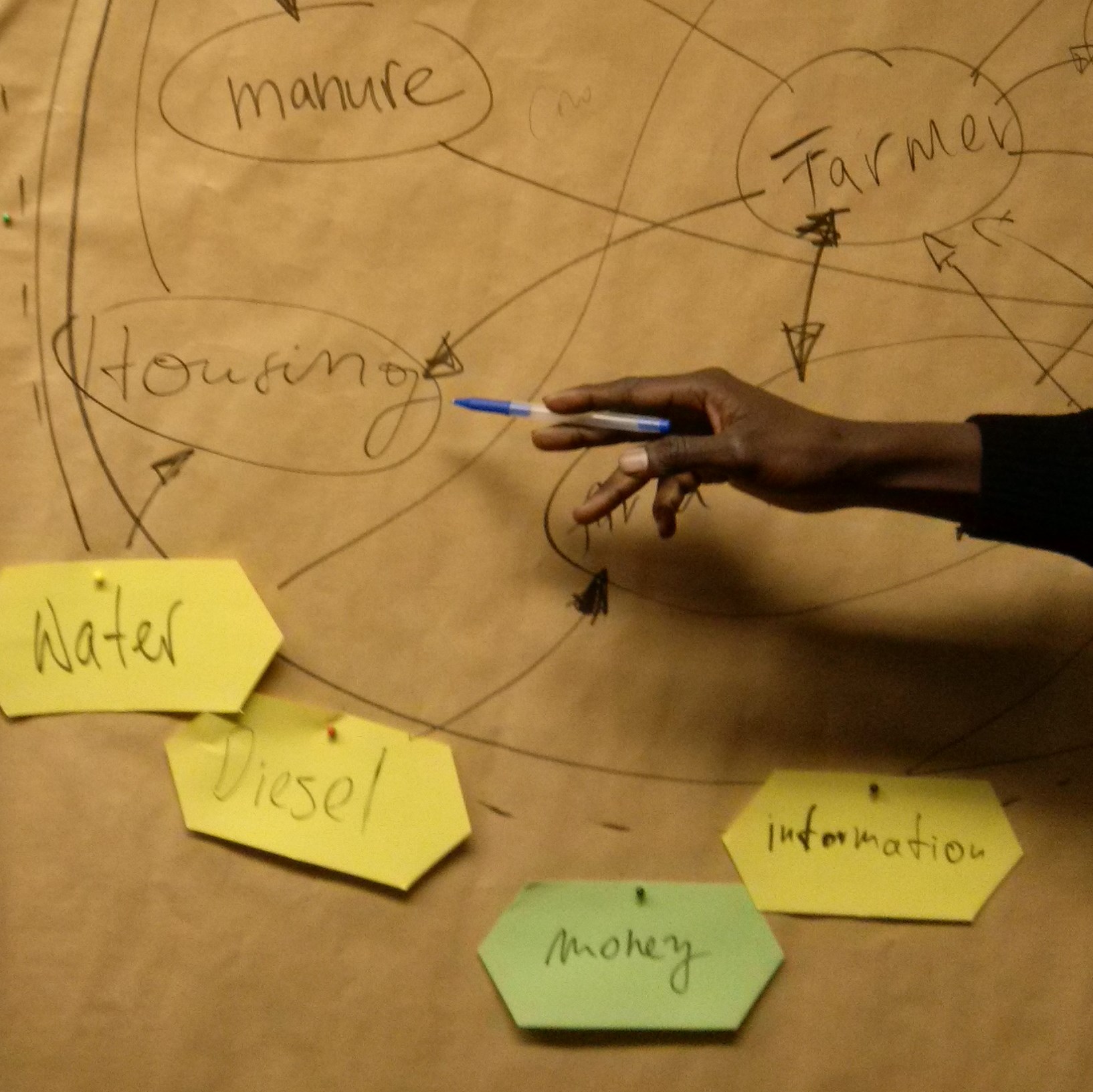Course on social-ecological theories and methods
 RELOAD PhD students from Kenya, Ethiopia, Uganda and Germany participated in a three week university course on ‘Social-Ecology in Livestock Production Systems’ in Witzenhausen, Germany.
RELOAD PhD students from Kenya, Ethiopia, Uganda and Germany participated in a three week university course on ‘Social-Ecology in Livestock Production Systems’ in Witzenhausen, Germany.
The course, taught by Assoc. Prof. Brigitte Kaufmann and invited guests, dealt with the social ecology of low-external input agricultural systems. These systems are characterized by a high degree of human-environmental interactions and by strong interdependencies between production systems and the environment.
To identify options for innovation and change processes in these systems, transdisciplinary and actor-oriented research approaches were taught that integrate different knowledge and value systems, contribute to collaborative learning, and develop capacities for transformational change. Moreover, these approaches allow researchers to understand ‘why farmers do what they do’. Based on this assessment of farmers’ actions, along with the knowledge and strategies motivating them, it is possible to facilitate changes in practice.
Key aims of the RELOAD project are to improve knowledge and to develop technologies that help reduce post-harvest losses in Eastern Africa. The integration of practitioners into both the analysis of their production systems and the process of finding solutions generates a much deeper understanding and increases the chances for these solutions to be implemented. Therefore, the concept of social ecology and the methods presented during the course will complement and broaden the possibilities and means of the PhD students when pursuing their research.
It was particularly valuable that PhD students of all the different RELOAD subprojects, dealing with different commodities and cross-cutting issues in Kenya, Uganda and Ethiopia, could jointly gain experience in social-ecological theories and methods. Logistics enabling RELOAD students to join the course were facilitated by the German Institute for Tropical and Subtropical Agriculture (DITSL).






